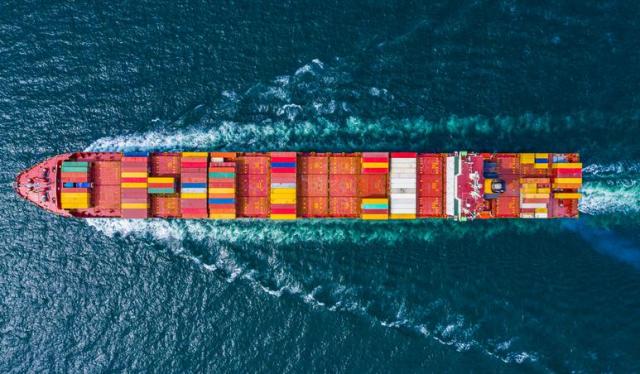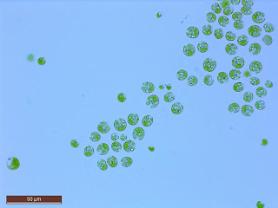
Biofuel is produced using plant-based or animal-based oil such as cooking oil from fast food restaurants or palm oil. Biodiesel, one of the most widely recognized biofuels, is normally made of hydrocarbon material extracted from biomass and diesel. According to data released by GS Caltex, bio-marine fuels can reduce carbon emissions by more than 65 percent compared to conventional fossil fuels.
"We will provide our biofuel for H-Line Shipping's vessel which will be used to deliver POSCO's products," GS Caltex's spokesperson Kim Dae-woong told Aju Korea Daily on October 5. Without disclosing the exact date, the oil refiner said the green fuel-based bulk carrier will be demonstrated in early October. "The biofuel contains waste cooking oil," Kim said, adding that the fuel was already used to test a container ship made by HMM, the world's eighth-largest marine shipping company controlled by creditors in South Korea. The country's first biofuel-based container ship that departed from the southern port city of Busan on September 15 is currently heading to Brazil.
"We will help our global clients reduce carbon emissions by communicating with shippers as well as South Korean and foreign shipping companies," GS Caltex's business operation division head Kim Byeong-joo said in a statement.
Prior to the partnership with HMM, GS Caltex supplied its biofuel to Korean Air, South Korea's flag carrier. A cargo flight powered by cooking oil-based fuel took off from South Korea's Incheon International Airport on September 5 and safely arrived in Los Angeles. A total of six cargo flights will be tested using bio-aviation fuel in 2023.
Copyright ⓒ Aju Press All rights reserved.


![[K-Tech] Ground broken for South Koreas first renewable biofuel plant](https://image.ajunews.com/content/image/2025/08/04/20250804150029482020_278_163.jpg)

